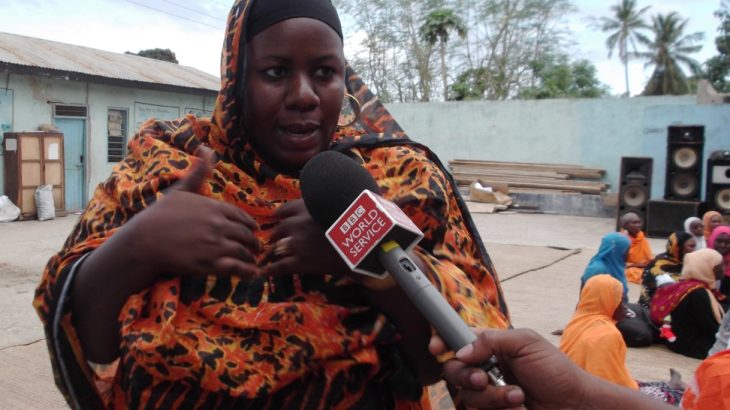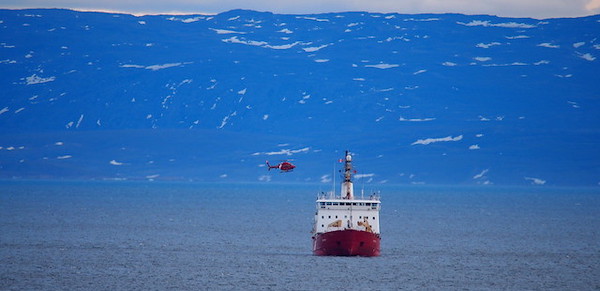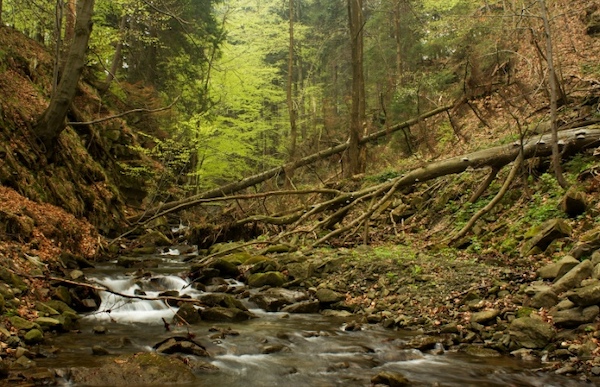
Farah Qaiser, Policy & Politics co-editor, and Molly Sung, guest contributor Science policy organizations come in all shapes and sizes, and range from think tanks, non-profits, and private firms to community and student groups. In a previous blog post, Science Borealis highlighted the efforts of a student science policy group, Science & Policy Exchange (SPE), […]







